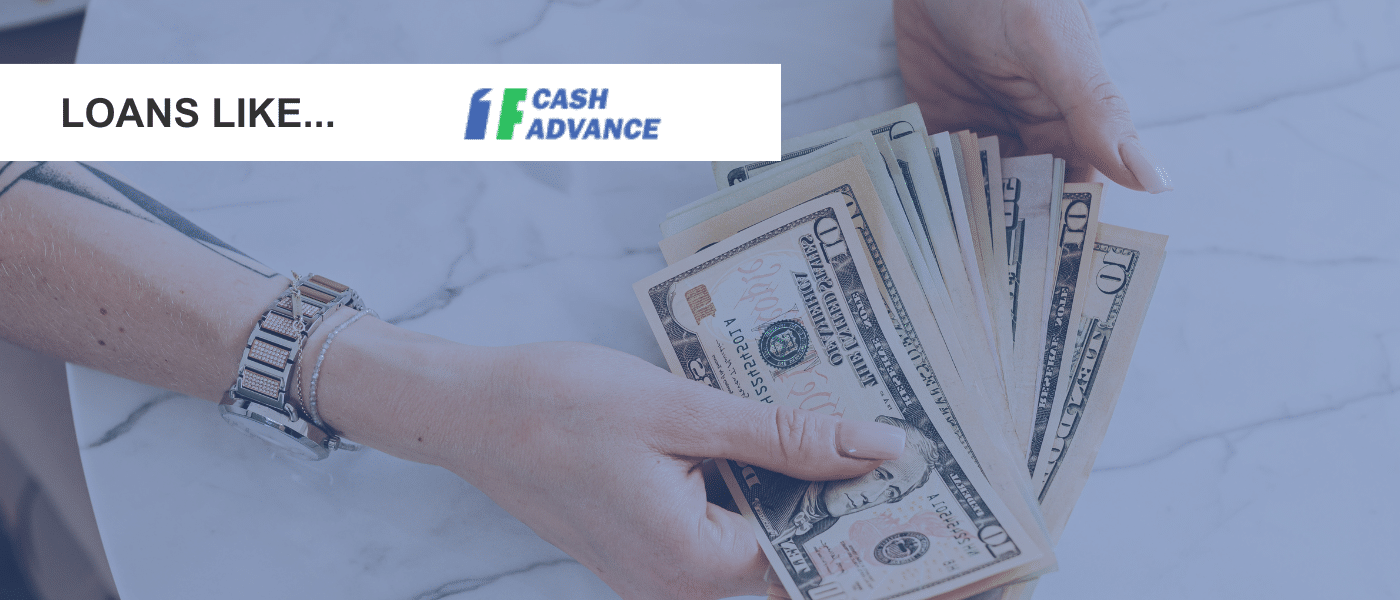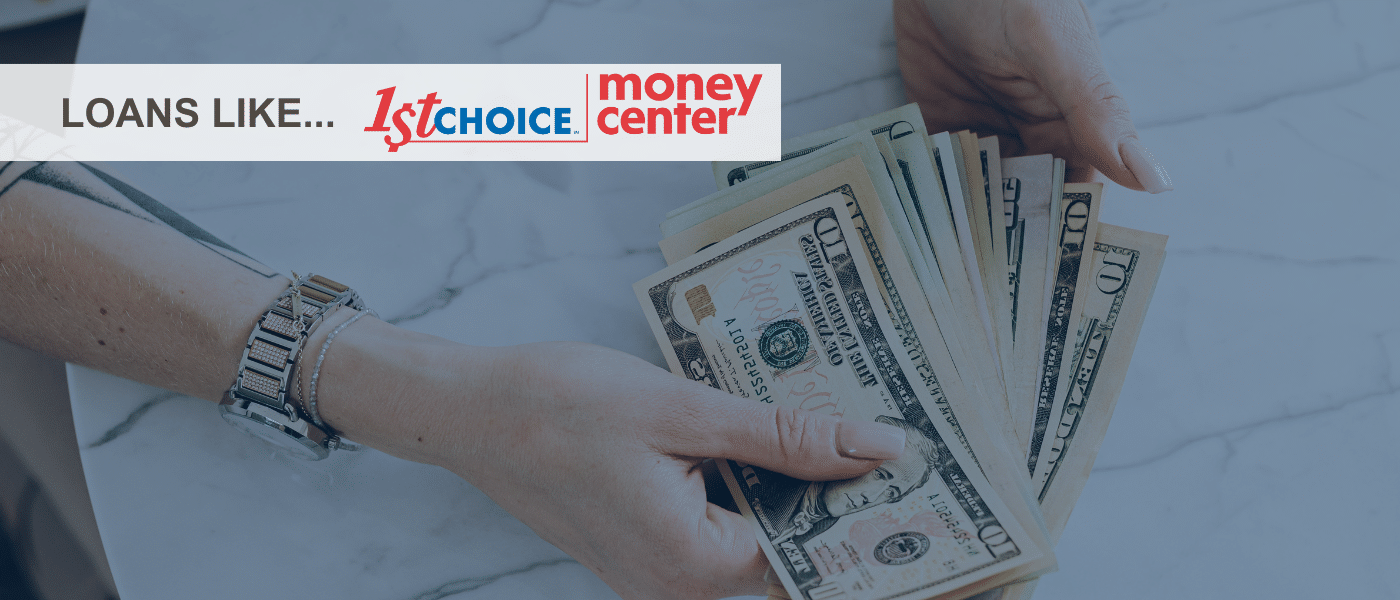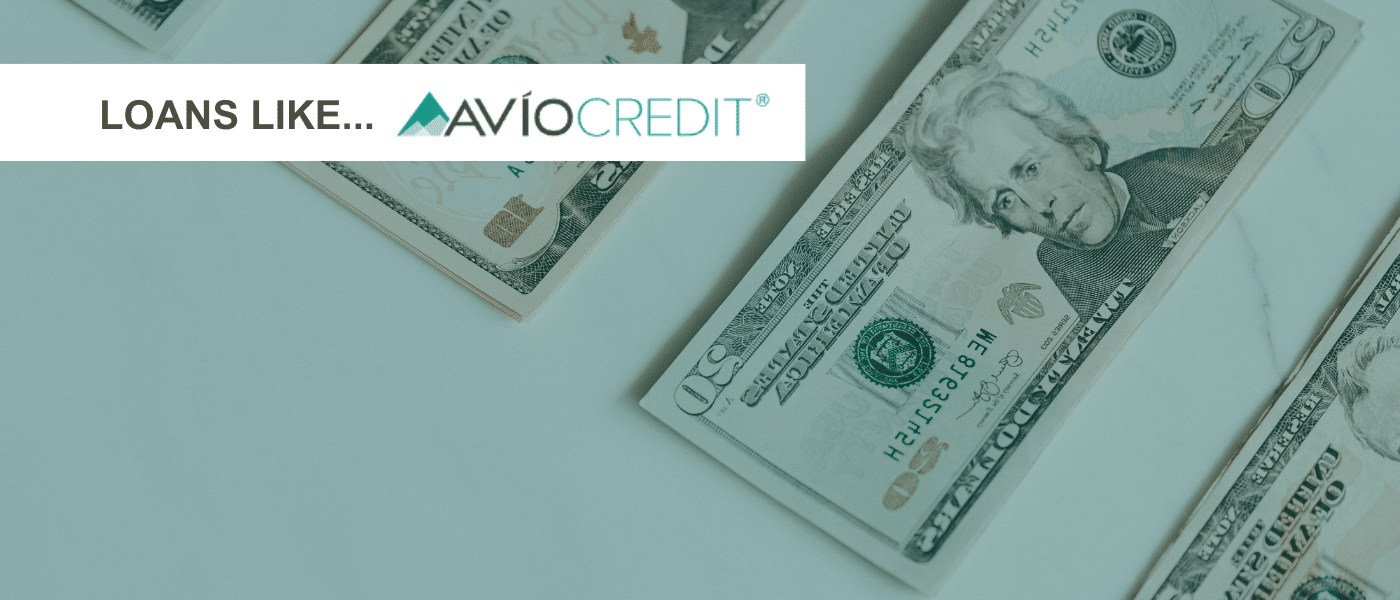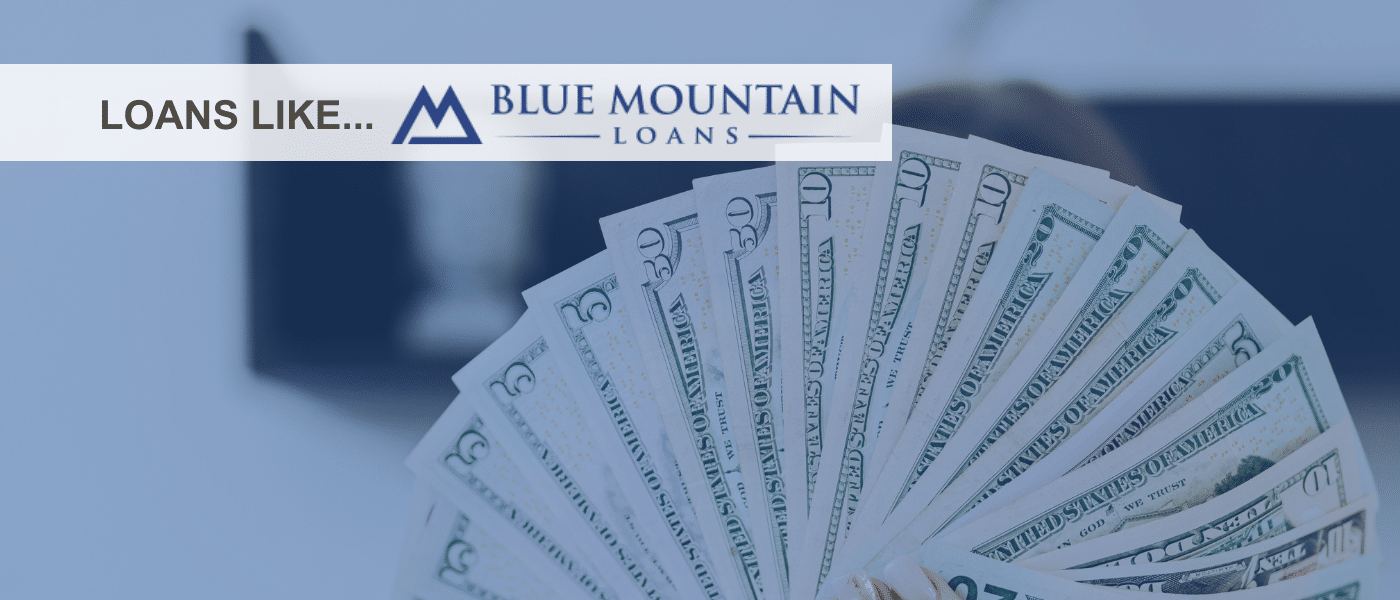A car lease is a great way to drive a new vehicle without paying for a car upfront. However, having no credit can hinder your ability to lease a car. The good news is that there are a few ways around having no credit history if you really want to get your hands on a new vehicle to lease. Keep reading for more information about leasing a vehicle when you have no credit.
Why Does Credit Matter With a Car Lease?
Like a car loan or any loan, with a car lease you will have to make monthly payments. Because of this, your lender will need to know how reliable you are with handling credit. When working with borrowers like you who have no credit history on a credit report, it will be impossible for car dealerships or leasing agencies to tell how likely you are to make monthly lease payments, miss payments, or break the car lease.
Another thing that doesn’t help is that if you have almost no credit history and check your credit scores, you will likely see poor credit. And so, having no credit will also reflect as bad credit to many lenders—even if technically that is not the case.
Some Workarounds for a Car Lease if You Have No Credit
If you really want to lease a car but don’t have any credit, the good news is that you may be able to do so. Here are some ways to work around no credit for a car lease:
Get a Cosigner
One option is to consider adding a cosigner to your lease. A cosigner can be a family member, friend, or someone else you know that you can add to a loan contract. Their credit can be used to increase your chances of eligibility and potentially increase the loan amount you could qualify for. Being a cosigner comes with many responsibilities, one being responsible for the loan if you cannot repay it. Keep in mind that a cosigner needs to have good credit and income. And so, not everyone in your life may qualify as a cosigner. And even if they do, they may not want to take on that responsibility.
Shop Around With Different Lenders
Some leasing agencies will be more flexible than others, so it may be worthwhile to shop around until you find a lender willing to work with you. A few things to remember is that the interest rate you get with a lease will likely be high because of the lack of credit history. Also, you will want to limit the number of credit checks you have in a short time, as multiple can hurt your credit score.
You should be able to narrow down a handful of leasing agencies, dealerships, and private lenders by asking the right questions like the necessary minimum credit score and income requirements. You should also be able to apply for pre-approval before going forward with a hard credit check.
Be Strategic When Applying for a Lease
When applying for a lease without credit, it will be helpful to be strategic with the other eligibility requirements. Your average credit score is just one factor lenders will look at (albeit a pretty big factor); your income, ability to repay the lease and references will also be checked out. To increase your approval chances, ensure you provide all sources of income, including passive, part-time, or contract income details. Additionally, provide a few references that can back up your credibility.
Take Over a Lease
Another option you can consider is taking over a lease from another person. If you are trying to do this, you will need to talk to the leaseholder directly instead of going to a leasing agency, dealership, or lender. There will still be a process involved with the lease issuer; there may be a credit check and paperwork to get the lease agreement transferred. Taking over a lease may provide more flexibility for you if you have no credit for a few reasons:
- With a lease transfer, the original borrower will likely be unable to repay the loan. So, a lender may be more willing to work with you even without credit history, if it means continuing monthly payments and avoiding default on the existing lease.
- There may not be a lot of money left to pay on the lease, making it easier for a borrower like you without credit to qualify.
Save Up for a Large Down Payment
Another thing you could do is save money for a larger Down payment. Many lenders may be willing to overlook the lack of credit if you provide a substantial down payment, and your monthly payments won’t be as high, making the lease easier on your budget. If you need money quickly consider a side job or no credit check loans for funding without credit history.
Alternatives to a Car Lease
Without the minimum credit score needed, you may not be able to lease a car right away. However, if you really need a car here are some alternative options to consider:
Buy a Used Vehicle Outright
Although many of us would prefer a brand new, it won’t hurt to look at used options you can afford to buy outright. That way, not only will you get a car to drive, but you don’t have to worry about interest rates or monthly payments. You can also sell the car without complications when ready to upgrade.
Ask Friends of Family for Temporary Use of a Vehicle
Another option that may work is to ask a family member for temporary use of a vehicle, or you can finance it from them! That way, you can still get a car, and if you purchase from them, you may get flexible repayment and likely no interest on the loan.
Apply With Car Charities
If you are struggling financially, then you may qualify for a free car from a car charity. There are local and national charities that you can apply with. However, keep in mind that it can take some time to get access to a vehicle, and you may not qualify depending on the charity’s requirements.
Easy Ways To Build Credit
There are some financial products and different strategies that can help you build a good credit score. Here are some options to look into when you are starting from scratch:
Credit Builder Loans
A credit builder loan is one of the best financial products you can use to build or improve a low credit score. You make monthly payments while the loan amount is set aside in a savings account or CD. Once you pay the total amount, you will have access to the funds. With on-time monthly payments, you can see a good boost on your credit scores.
Prepaid Credit Cards
With prepaid credit cards, you need to load up the card with funds. You will have to pay it off as you use it, and those monthly payments will be reported to the credit bureaus. Additionally, secured credit card companies may offer you a credit line if you have a positive payment history.
Ask To Be Added to a Loan or Credit Card
Another thing you may be able to do is to ask to be added as a cosigner on a loan or credit card. That way, anytime the primary borrower makes on-time payments, it will positively impact your credit history. Remember that missed payments will hurt your score, so be careful about who you co-sign with.
Get Your Bills Reported
Your rent payments, utilities, and phone bills are some examples of monthly bills you can get reported to build your credit score. Ask your servicers/landlord if they can take care of reporting your payments; if they cannot, there are third parties that can report those payments for you.






